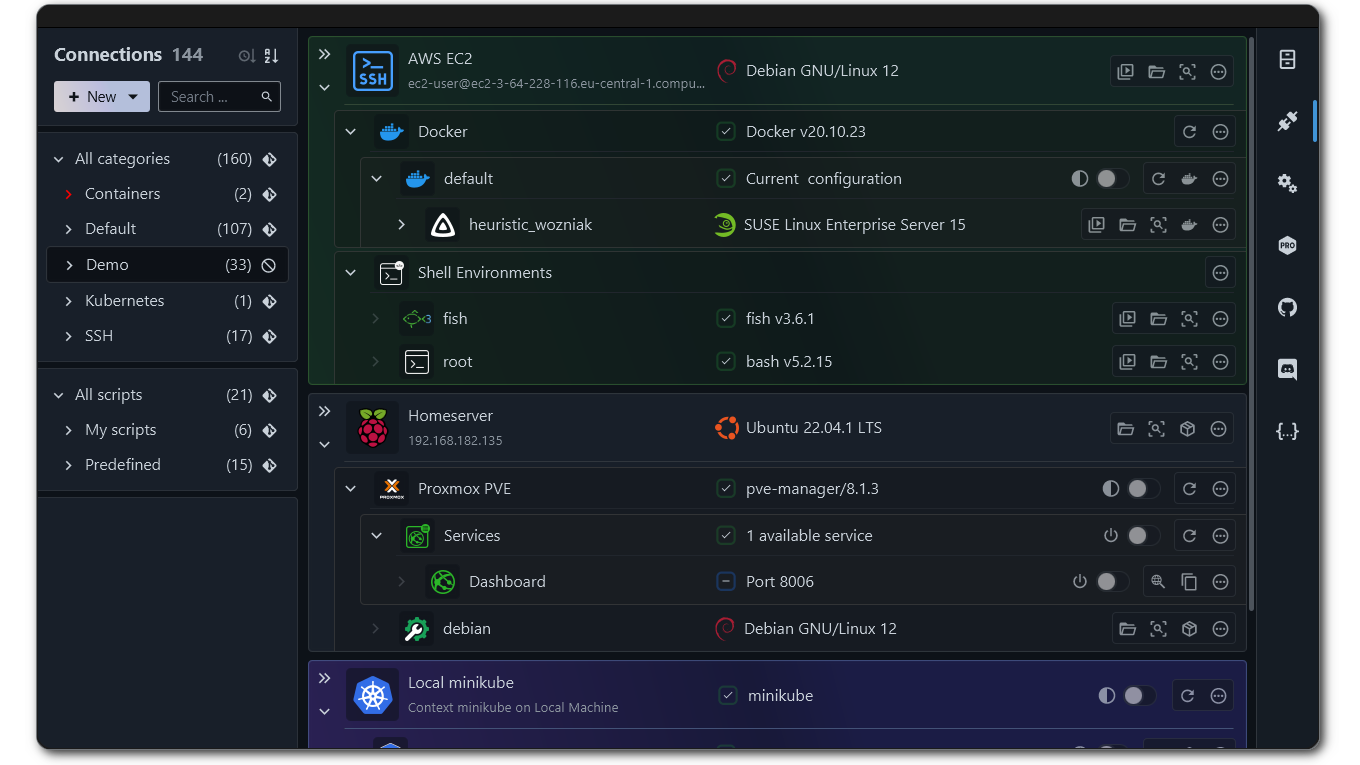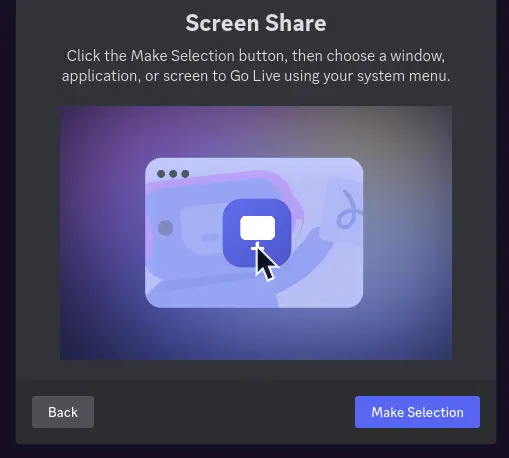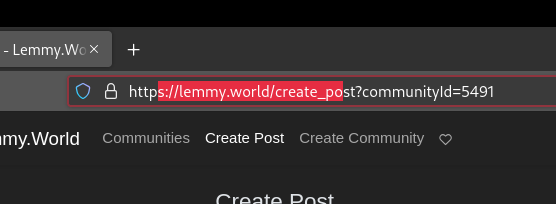I'm proud to share a major development status update of XPipe, a new connection hub that allows you to access your entire server infrastructure from your local desktop. It works on top of your installed command-line programs and does not require any setup on your remote systems. XPipe integrates with your tools such as your favourite text/code editors, terminals, shells, command-line tools and more.
Here is how it looks like if you haven't seen it before:


VMs
- There is now support for KVM/QEMU virtual machines that can be accessed via the libvirt CLI tools
virsh. This includes support for other driver URLs as well aside from KVM and QEMU. This integration is available starting from the homelab plan and can be used for free for two weeks after this release using the new release preview
- You can now override a VM IP if you're using an advanced networking setup where the default IP detection is not suitable. For example, if you are using a firewall like opnsense on your hypervisor
- Fix remote VM SSH connections not being able to use the keys and identities from the local system
- There is now a new restart button for containers and VMs
File browser
- There is now a new option in the context menu of a tab to pin it, allowing for having a split view with two different file systems
- The previous system history tab is now always shown
- You can now change the default download location for the move to downloads button

Other
- The application style has been reworked
- Improve license requirement handling for systems. You can now add all systems without a license and also search for available subconnections. Only establishing the actual connection in a terminal or in the file browser will show any license requirement notice. This allows you to check whether all systems and installed tools are correctly recognized before considering purchasing a license.
- Add download context menu action in file browser as an alternative to dragging files to the download box
- Fix proxmox detection not working when not using the PVE distro and not logging in as root
- The settings menu now shows a restart button when a setting has been changed that requires a restart to apply
- There is now an intro to scripts to provide some more information before using scripts
- Add ability to enable agent forwarding when using the SSH-Agent for identities
- Closing a terminal tab/window while the session is loading will now cancel the loading process in XPipe as well
- The .rpm releases are now signed
Shell sessions
Many improvements have been implemented for the reusability of shell sessions running in the background. Whenever you access a system or a parent system, XPipe will connect to it just as before but keep this session open in the background for some time. It does so under the assumption that you will typically perform multiple actions shortly afterward. This will improve the speed of many actions and also results in less authentication prompts when you are using something like 2FA.
Security updates
There's now a new mechanism in place for checking for security updates separately from the normal update check. This is important going forward, to be able to act quickly when any security patch is published. The goal is that all users have the possibility to get notified even if they don't follow announcements on the GitHub repo or on Discord. You can also disable this functionality in the settings if you want.
Fixes
- Fix Proxmox detection not working when not logging in as root
- Fix tunnels not closing properly when having to be closed forcefully
- Fix vmware integration failing when files other than .vmx were in the VM directories
- Fix SSH and docker issues with home assistant systems
- Fix git readme not showing connections in nested children categories
A note on the open-source model
Since it has come up a few times, in addition to the note in the git repository, I would like to clarify that XPipe is not fully FOSS software. The core that you can find on GitHub is Apache 2.0 licensed, but the distribution you download ships with closed-source extensions. There's also a licensing system in place as I am trying to make a living out of this. I understand that this is a deal-breaker for some, so I wanted to give a heads-up.
Outlook
If this project sounds interesting to you, you can check it out on GitHub or visit the Website for more information.
Enjoy!





